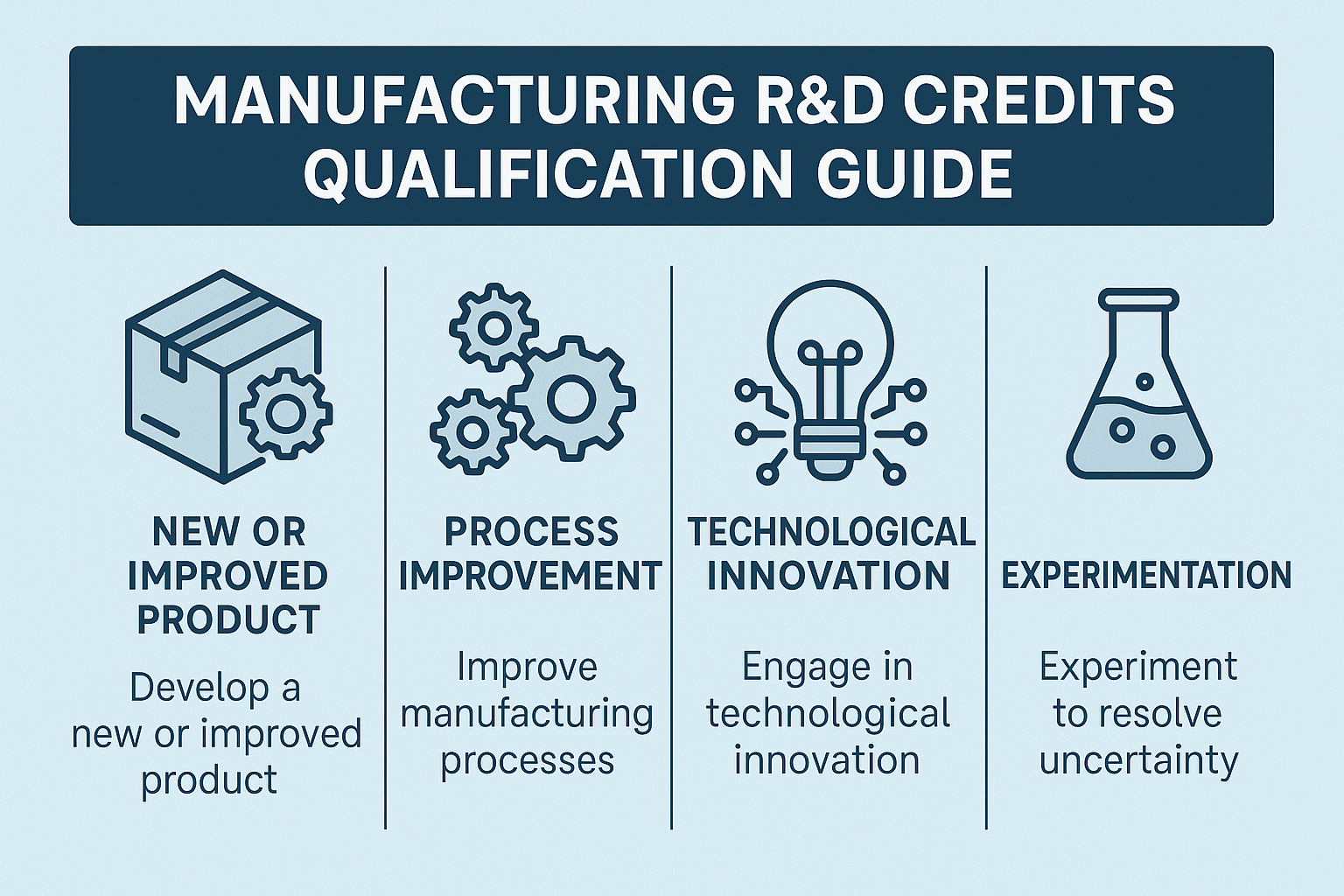
Strategic Tax Planning for Manufacturers: How the New IRS Guidance Affects Your Business

Stephen Kaplan
Manufacturing Tax Specialist
The manufacturing sector faces unique tax challenges and opportunities that require specialized knowledge and strategic planning. With the recent IRS guidance updates, manufacturing businesses need to reassess their tax strategies to ensure compliance while maximizing available benefits.
Key Changes in the New IRS Guidance
The latest guidance clarifies several aspects of tax credits particularly relevant to manufacturing operations:
- Expanded eligibility criteria for R&D tax credits related to process improvements
- Updated documentation requirements for claiming manufacturing-specific deductions
- New safe harbor provisions for supply chain investments
- Modified calculation methods for equipment depreciation
For mid-market manufacturers in the $10M-$20M revenue range, these changes represent both opportunities and potential compliance challenges.
Strategic Implications for Your Business
Understanding how these changes affect your specific manufacturing operation requires a tailored approach. Companies that take a proactive stance on tax planning can gain significant advantages:
- Cost Segregation Opportunities: The new guidance provides clearer rules for identifying components that qualify for accelerated depreciation.
- R&D Credit Documentation: Enhanced clarity on what constitutes qualifying research activities in manufacturing settings.
- Supply Chain Tax Planning: New provisions that may benefit companies restructuring their supply chains for resilience.
Action Steps for Manufacturers
To maximize the benefits of these tax changes, we recommend manufacturing businesses take the following steps:
- Conduct a comprehensive review of current tax strategies against new guidelines
- Reassess documentation procedures for R&D activities and capital investments
- Evaluate supply chain structures for tax optimization opportunities
- Schedule a strategic tax planning session to align financial and operational goals
At Schapira CPA, our manufacturing-focused tax specialists can help you navigate these changes and develop a customized approach that aligns with your business objectives.
Conclusion
The latest IRS guidance brings important clarifications that can significantly impact manufacturing businesses. Taking the time to understand and strategically respond to these changes can result in substantial tax savings and provide a competitive advantage in today's challenging market.


